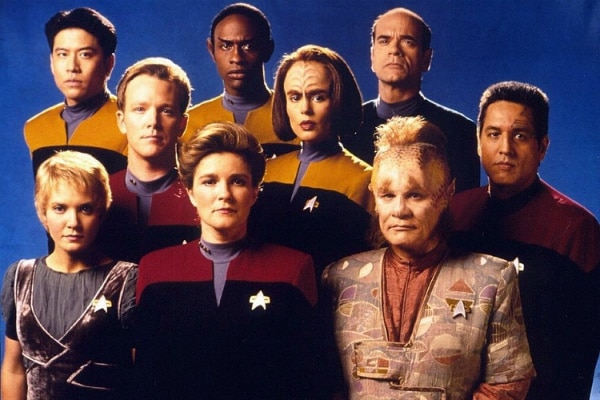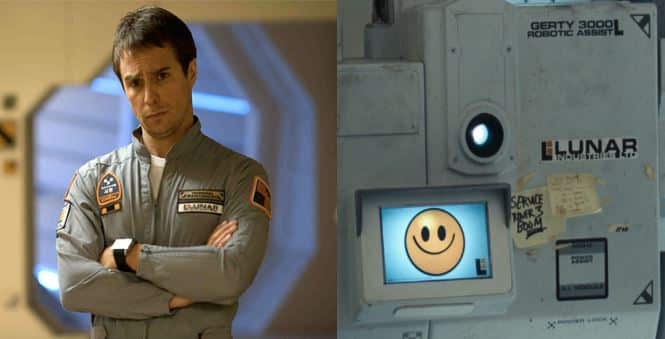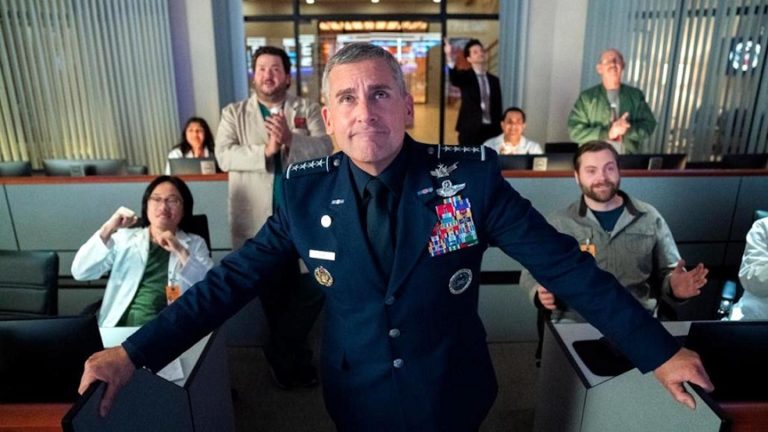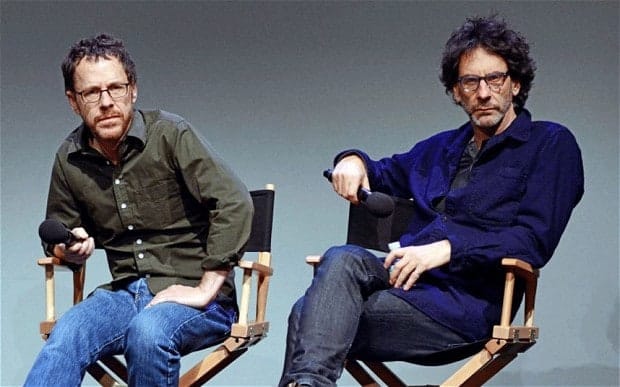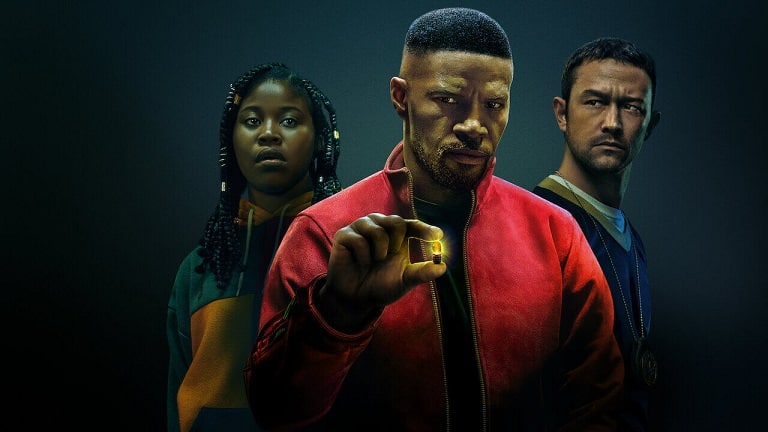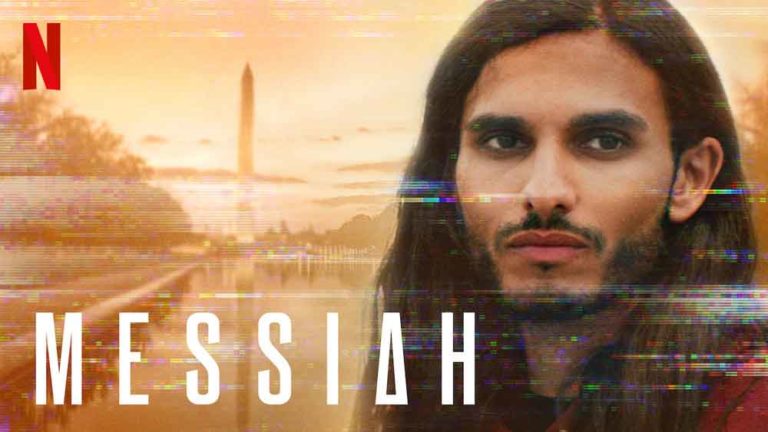A Star Trek Voyager Review in 2020
I realize I’m a decade late, but I’ve been binge-watching Star Trek: Voyager, which I’ve never seen before, and I thought I wanted to write a review of what it’s like to watch Star Trek Voyager for the first time in 2020. I was never a huge Star Trek fan, but I’ve seen TNG and the original, a bunch of the movies, etc. I’m also a huge sci-fi fan. Just this year I’ve watched The Expanse, The Mandalorian, Lost in Space, and several more sci-fi shows. So after watching Star Trek: Picard and seeing how much the Star Trek fanbase hates that show based on its (apparent) departure from Star Trek lore, I wanted to binge watch Voyager, which I’ve heard good things about from Star Trek fans. So, here’s my review of Star Trek Voyager.
I’m only on season 3 which doesn’t sound like a lot, but that’s actually a ton of Star Trek: Voyager that I’ve binged through, since there are something like 28 episodes per season. So, I do feel like I’m qualified to give a review of Star Trek: Voyager on this stage. That said, I don’t yet know what happens in later seasons.
I think it’s a very successful sci-fi show and it’s great that there’s just so much of it, because whereas The Expanse and Firefly and all these other sci-fi shows and movies I like just end and that’s what you’re left with, Voyager just goes on and on and on. So, quality aside, it has a lot of merit as just something that can endlessly scratch that sci-fi itch.
I like the characters a lot, especially Captain Janeway herself, who is now my favorite Starfleet captain after Picard, surpassing even good ol’ boy, Captain Kirk. The Doctor is another standout. As for the rest of the crew, as much as I like them, they do sort of feel just like a remixed version of the TNG/OG crew. I do like Kes, Paris, Tuvok, Chakotay and B’ellana (Harry Kim is kind of white bread and Neelix is extremely annoying), but it just feels like they used the TNG/OG crews as a starting point and put twists on them instead of coming up with something wholly original.
As I watch this show, I can’t help but think about how it would be received in today’s current climate. The same people who revere this show now would probably be making screeching YouTube videos. I can see it now, “SJWs taking over Star Trek with FEMINIST Captain Janeway!” “A BLACK Vulcan? TOKENISM” I can see the other end of it, too. “Tom Paris is a FRAGILE WHITE MALE and he needs to be CANCELED!” “Voyager endorses TOXIC MASCULINITY through Neelix’s jealousy!”
It’s kind of refreshing, though, to see this show engage with these characters without seemingly any 2020 agenda and deliver nuanced, thoughtful characters who are realized over many episodes. Although, it’s also interesting to see how this (like every variation of Star Trek) show is so organically diverse with such little controversy long before diversity became a buzzword. It’s almost like the last 10 years of angry twitter screeching and cancel culture and diversity riders didn’t need to happen to produce it (just like they didn’t need to happen to produce Blade or the original Buffy the Vampire Slayer, or any of the popular “diverse” shows that predated this dystopian, unending political argument); and it’s almost like having a diverse cast isn’t antagonistic to the fanbase when it’s not accompanied by the last decade’s degrading and histrionic political landscape. Watching this show makes those arguments seem all the more petty. Isn’t it interesting that the optimistic future of unity, enlightenment and utopia Star Trek envisions seems so much further away in 2020 than ever before?
This show also somewhat undercuts the criticisms I’m hearing about Star Trek: Picard. Not all of them — that show is definitely flawed in terms of structure, character development, all sorts of things — just the ones about breaking away from Star Trek canon by having the show introduce conflict, xenophobia and poverty, which are supposed to be absent from the Star Trek universe. Because Tom Paris, for example, is obviously quite troubled; the entire concept of the Maquis suggests that there are rebels within Federation space, the crew of the ship, especially the integrated Maquis crew, have a variety of interpersonal conflicts that don’t seem mature and evolved ala the tone of the TNG crew. I don’t know. Did this show face similar criticisms at the time of its release? I suspect that it did not.
Anyway, I digress. One thing I don’t particularly care for on the show is their over-reliance on starting episodes in the middle of the action with no setup, and then spending half the episode explaining what happened before the episode started. The first few times, it feels like a novel structure. After that, it just feels lazy.
That said, the concepts for the episodes are genuinely intriguing. I don’t find this show to be particularly more scientifically plausible than say, The Expanse, even though scientific plausibility is something Star Trek fans seem extremely excited to attach pride to. In fact, it seems drastically less scientifically plausible, almost to the degree of being a fantasy show, and anything essentially magical that happens gets explained away by absolute nonsense jargon masquerading as “science” that basically amounts to “a wizard did it.” Harry Kim gets transported to another reality. How? “Oh, uh, hmm… subspace… dilithium… rift. Warp coils! Nanobots.”
That’s not to say I don’t appreciate the show. I think it’s fine. I guess I’m more criticizing the fanbase. Like, lighten up on other shows, this isn’t as totally airtight as I’ve been led to believe. It’s also a little dated in its approach to scientific concepts that we’re now pretty familiar with. Like, B’Ellana rebuilds a mysterious space robot that she finds and is all excited like no one’s ever seen a robot before, and it didn’t even occur to her that mysterious space robots could be evil. Given that in our current zeitgeist fear of AI is huge, that seems like something that would cross an engineer’s mind. Moreover, hasn’t she ever seen Star Trek? Isn’t the biggest threat mysterious space robots (Borg)?
Also, this show makes a huge deal about the Prime Directive, but either I’m misunderstanding that or the show is, because it doesn’t seem entirely consistent in the supposed airtight canon of the show. I thought the Prime Directive was about not affecting cultures that hadn’t reached the level of development required to become intergalactic and spacefaring. The show seems to think it means don’t affect any culture ever under any circumstances. Take that space robot episode for example. Janeway forbids B’Ellana from helping them because of the Prime Directive. But the space robots are an advanced spacefaring race whose technology rivals the federation technology. If that’s how the Prime Directive works, how did the Federation justify allying and trading with races like the Vulcans and the Klingons? Seems internally inconsistent. Someone nerdily explain it to me.
Anyway, it’s a good show. I’m enjoying it. It’s kind of a popcorn show. But it’s not making me smarter or anything. It’s a solid sci-fi show, but it’s not the show for intellectuals I’ve been led to believe it would be. Also, Kes is clearly a space elf.
That about does it for my review of Star Trek Voyager. Be sure to check out the Movies and TV Section for more articles like this, and click here for more sci-fi reviews.

